Taijiquan, often referred to as tai chi or太极拳, is a traditional Chinese martial art that has gained global recognition for its unique blend of gentle movements and deep philosophical underpinnings. Unlike many other martial arts forms that focus on aggressive techniques and high-energy combat, Taijiquan emphasizes softness over hardness, yielding rather than resisting. This ancient discipline offers numerous benefits for both the body and the mind, making it an ideal practice for individuals seeking holistic wellness.
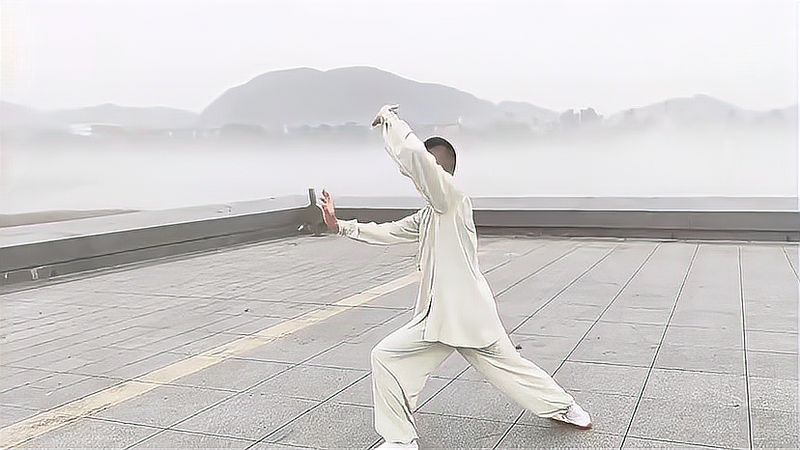
Rooted in ancient Chinese philosophy, Taijiquan integrates elements from Taoism, Buddhism, and traditional Chinese medicine. Its name translates to “supreme ultimate fist,” reflecting the balance and harmony that practitioners strive to achieve. Each movement in Taijiquan is designed to promote the flow of qi (pronounced “chee”), or life energy, throughout the body. By performing these slow, deliberate motions, practitioners can enhance their physical strength, flexibility, and coordination while also cultivating mental clarity and calm.
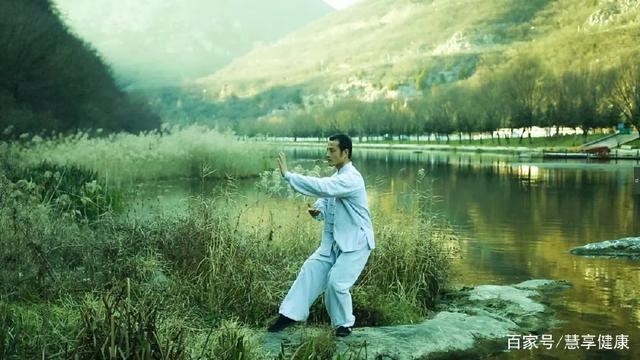
One of the most striking aspects of Taijiquan is its emphasis on balance. The art form teaches individuals how to maintain equilibrium both physically and mentally. Through consistent practice, Taijiquan students learn how to shift their weight seamlessly, distribute force evenly across their bodies, and remain centered even during rapid movements. This physical balance contributes significantly to improved posture, reduced risk of falls, and overall body alignment.
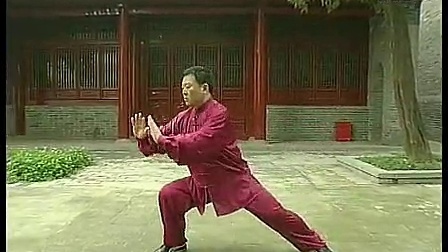
On a mental level, Taijiquan serves as a powerful tool for stress relief and emotional regulation. The meditative nature of the practice encourages mindfulness and presence. As practitioners focus on their breathing and the intricate details of each movement, they become more attuned to their thoughts and emotions. This heightened awareness can help individuals release tension, reduce anxiety, and improve their overall mental well-being.
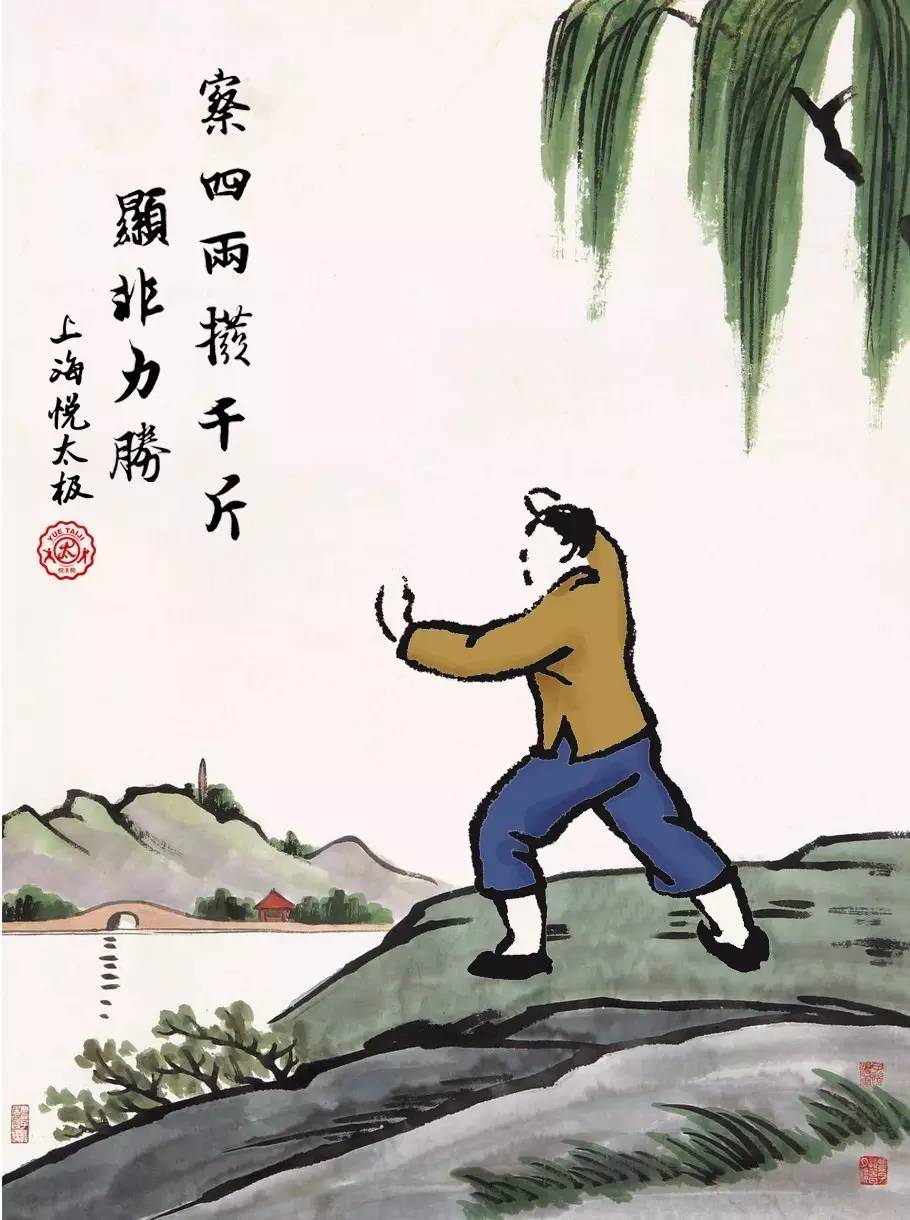
The concept of “gentle power” lies at the heart of Taijiquan. Unlike the brute force often associated with other martial arts, Taijiquan harnesses internal strength. Practitioners develop this power through relaxation and proper body alignment, enabling them to generate significant force without exerting excessive effort. This principle is not only applicable in martial situations but also translates to everyday life. By mastering gentle power, individuals can approach challenges with greater ease and resilience.
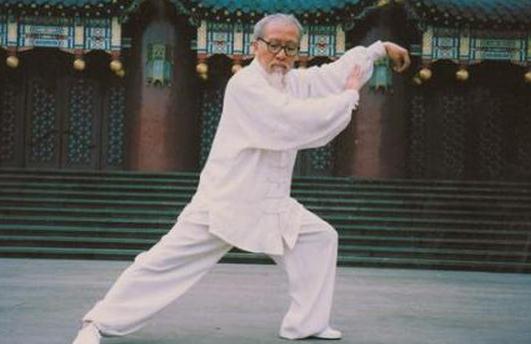
Incorporating Taijiquan into one’s fitness routine can provide a comprehensive workout that targets various muscle groups while promoting cardiovascular health. The slow, controlled movements increase blood circulation, improve joint flexibility, and strengthen muscles. Additionally, the focus on diaphragmatic breathing enhances lung capacity and efficiency, contributing to better respiratory health.

For those interested in exploring Taijiquan further, numerous resources are available online. Search engine keywords such as “Taijiquan tutorial for beginners,” “benefits of Taijiquan practice,” and “martial arts for stress relief” can lead enthusiasts to instructional videos, articles, and community forums. These platforms offer valuable insights and guidance for individuals at all levels of their Taijiquan journey.
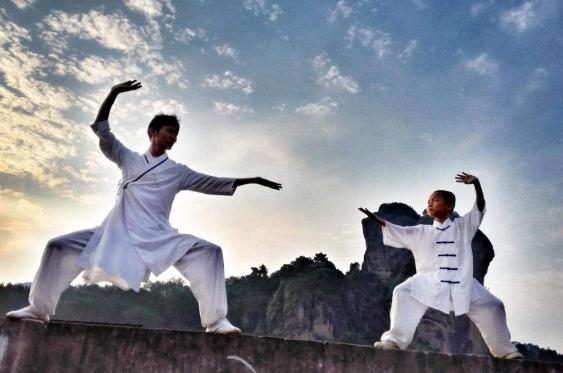
In conclusion, Taijiquan stands out as a martial art that transcends mere physical activity. Through its gentle yet powerful movements, it fosters a profound connection between the body and mind. Whether you are seeking improved physical health, mental clarity, or spiritual growth, Taijiquan offers a path towards holistic well-being. Its timeless principles and practices continue to inspire millions around the world, proving that true strength lies in balance and harmony.